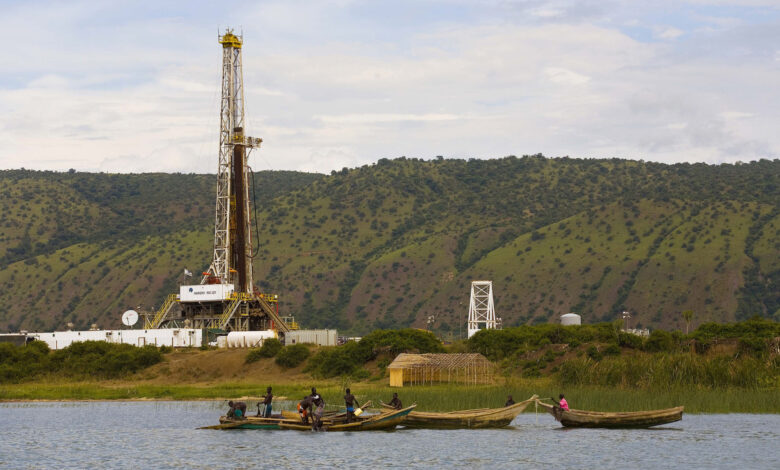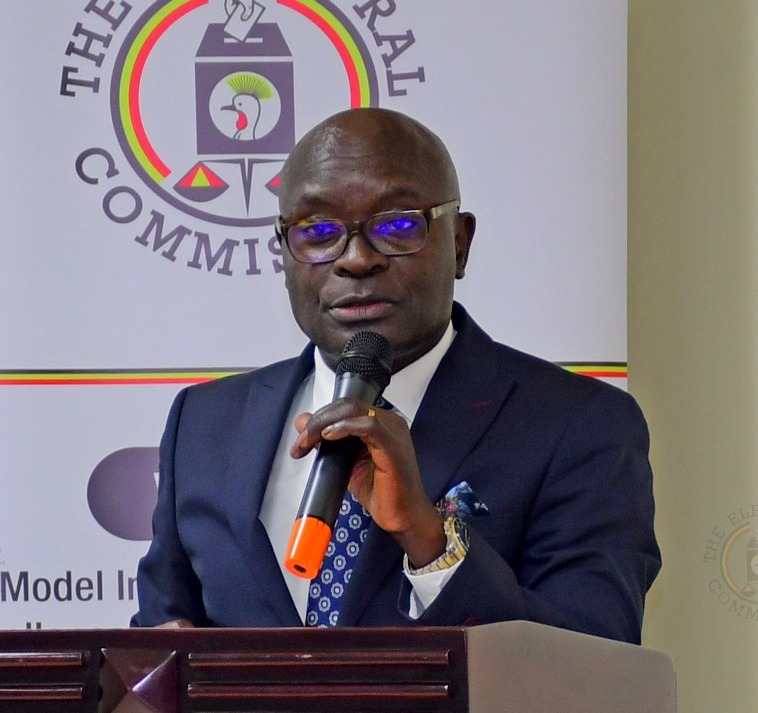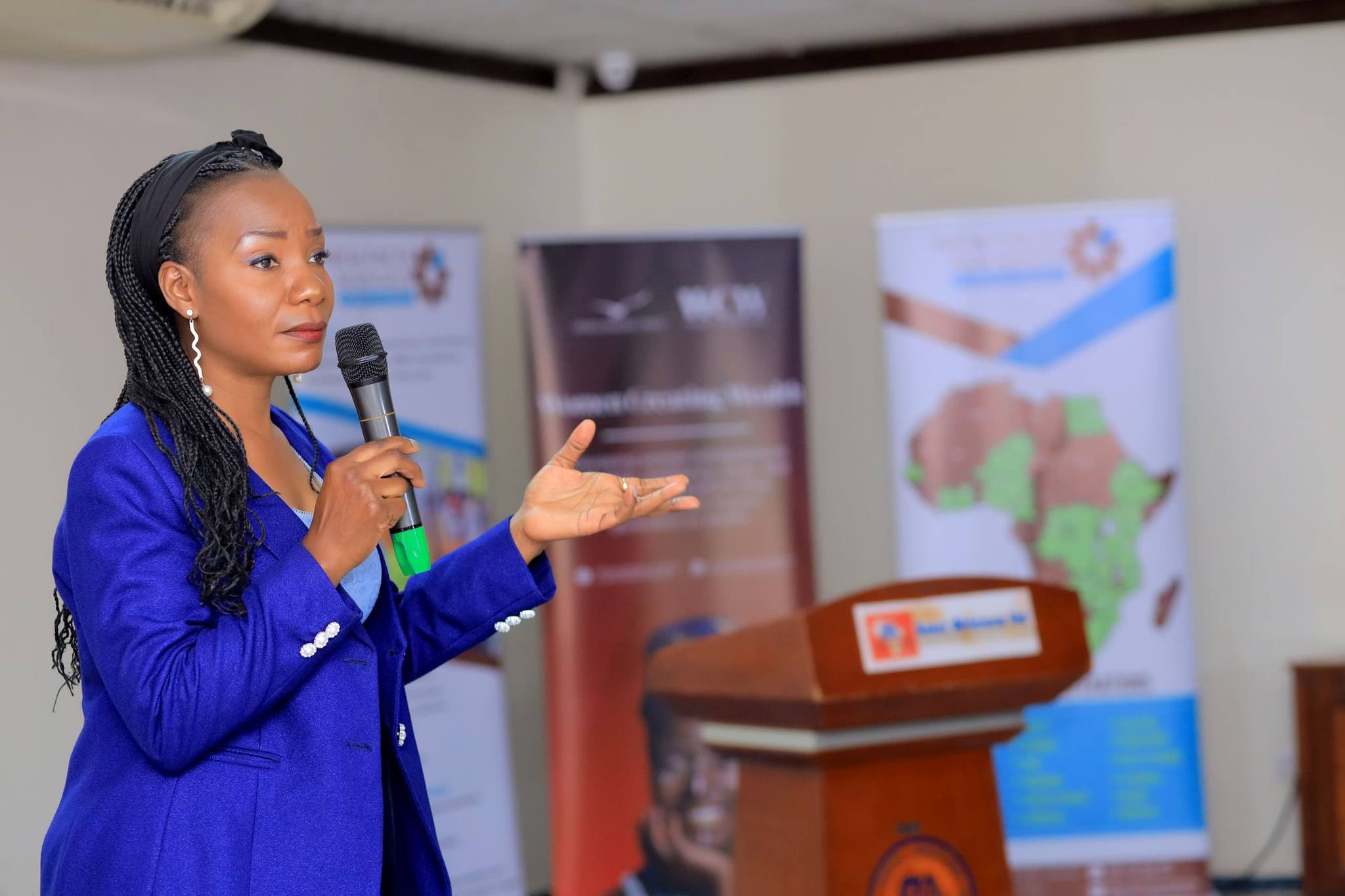Address food insecurity and cattle theft in Buliisa district challenges
The safety of the community members in Buliisa is being seriously compromised when it comes to food security and invasion of wild animals.

Dear editor, last week, Daily Monitor reported that Buliisa residents have been facing severe problems of theft of cows, wild animal attacks from the Murchison Falls National Park into villages resulting in the loss of human lives and significant destruction of several hectares of crops hence threatening food security in Buliisa district.
It is noted that the theft of cows and wild animal attack are due to the ongoing oil exploitation activities within Murchison Falls National Park which is one of Ugandas oldest, largest and most visited national parks.
The safety of the community members in Buliisa is being seriously compromised when it comes to food security and invasion of wild animals attacking them in their homes.
Last week, I happened to chat with one of the residents of Buliisa about the cause of increased theft of cows and food security.
The resident noted that the theft of cows is caused by increased population which is said to have been brought by the oil exploration activities in the area.
Because of the oil activities, most people moved from their villages to Buliisa expecting a lot of jobs to improve on their standards of living.
The expectations were heightened ever since the government started the East African Crude Oil Pipeline project. Unfortunately, most people did not get the jobs in oil as expected hence making them resolve to theft to earn a living.
It is noted that ever since the commencement of oil exploitation activities in Buliisa that involve the use of heavy and loud machinery, the habitat and source of livelihood of the wild animals have been tampered with. This has caused distress driving them out of their natural habitat into peoples homes and gardens causing destruction of crop hence increasing food insecurity in the area.
Also, the recurring invasions by stray elephants that roam in search of water and pastures mostly during the onset of the dry season and throughout the period have forced many farmers to harvest their crops prematurely to avoid incurring losses due to persistent destruction by the stray animals and in the long ran which has also posed a threat to food security in the community.
Food insecurity in Uganda remains stubbornly high.
During Round 9 of the survey conducted in August 2022, food insecurity measured by moderate and severe food insecurity indexes were at very high levels of 48 and 11 percent respectively.
This is only slightly lower compared to Round 8 (June/July 2022) and Round 7 (October/November 2021).
Region-wide, the highest levels of food insecurity were observed in the poorest Eastern and Northern regions.
It is noted that Uganda has made some tremendous progress in reducing the number of people living below the poverty line, however, progress in reducing under nutrition and food insecurity remains slow due to the multiple nature of the causal factors.
Therefore, the government should address the issue of food insecurity and cows theft caused by increased population. This should be in the context of expected oil activity jobs by developing a long term vision for the areas economic diversification beyond the oil project. It should focus on sustainable industries that can support the community after the project concludes. It should ensure that oil companies adhere to environmental and social responsibility standards and regularly monitor the projects impacts on the community and environment.
Investing in education and skills development programs to empower local residents with the knowledge and skills needed to access job opportunities in the oil industry should also be a key.
Additionally, the root causes of cattle theft can be addressed by providing economic opportunities and alternative livelihoods to residents, facilitate dialogue between stakeholders, including farmers, government officials, and oil companies.
This should address concerns related to the impact of population growth and job opportunities in the oil host communities.
Therefore, it is important for the government to take a holistic approach that combines implementing policies for sustainable land and resource management to mitigate the environmental impact of increased population that leads to increased theft and food security due to oil activities, introduce food security programs, such as subsidized fertilizers or agricultural training to help farmers increase their yields and mitigate the effects of cattle theft on food security.
Olive Atuhaire, Kampala
Atuhaireolivia72.ao@gmail.com






